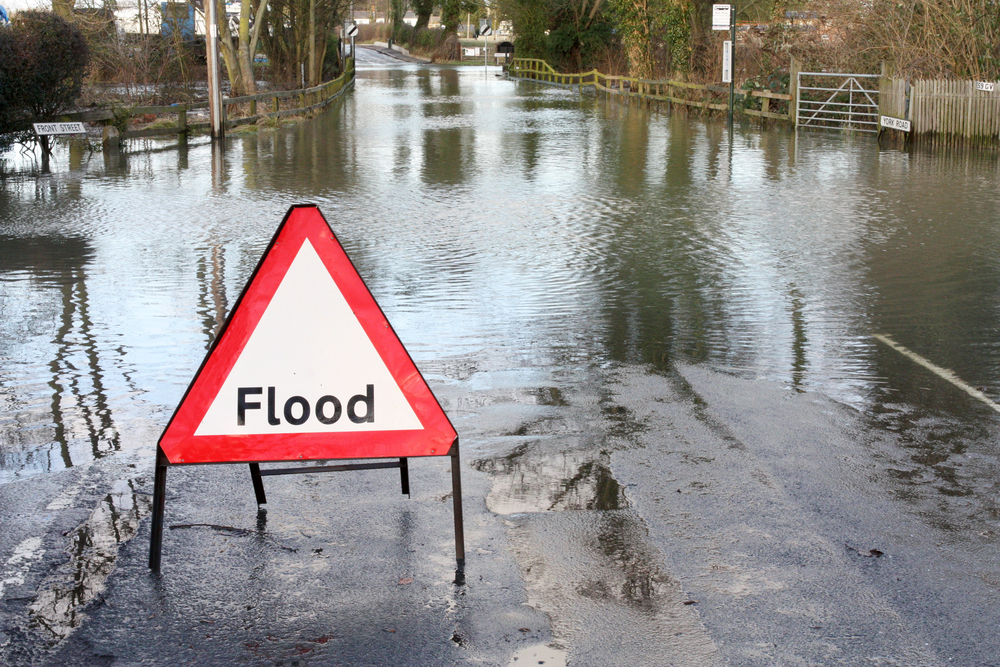Insurance
Flash flood warning: how to protect your home

The current hot weather increases the chance of flash flooding, when a vast amount of rain falls within a short period of time in a localised area.
The Met Office has issued an amber warning with thunderstorms likely across England. It said flooding of homes and businesses is likely and could happen quickly, with damage to some buildings from floodwater, lightning strikes, hail or strong winds.
As such, fast flowing or deep floodwater is likely which could cause danger to life.
Summer flooding is unpredictable, but the impact can be just as devastating as winter rainfall – and it doesn’t always hit those homeowners who are usually at risk of flooding, so people are not always prepared.
Jessica Turner, senior manager, weather modelling, at Lloyds Banking Group General Insurance, said: “In the UK, summer flooding can be much harder to anticipate than winter rain. The warmer months tend to be more prone to flash flooding as the land surface heats up during the day, causing powerful updrafts and sometimes convective storms.
“These storms can lead to large bursts of rain falling within short periods of time and in localised areas. Climate change and an increase in urban development can contribute to the threat of surface water flooding.
“Older drainage systems can be overwhelmed by the increase in rainfall on paved surfaces which can’t absorb water.”
Top tips to fight flood damage
Lloyds Bank Home Insurance has published these top tips for homeowners impacted by flooding:
1. Check you have the right level of cover in place and keep your home insurer’s policy details and telephone numbers to hand in case you need to make a claim
2. Keep a home emergency kit prepared in case of an emergency such as a flood or severe storm. This could include sandbags, torches, spare bulbs and batteries, your home insurance documents, emergency contact details, tinned food, warm clothing and blankets
3. Place sandbags outside doors, airbricks, windows and any other holes to reduce the amount of water entering your property
4. Turn off the mains supplies of water, gas and electricity and unplug all electrical items, storing them upstairs or as high as possible
5. Disconnect pipes to washing machine and dishwashers to avoid damage if appliances move during the flood
6. Move as much furniture as possible upstairs, weigh down large items that can’t be lifted with sandbags so they don’t move and cause damage
7. Empty contents of cupboards and drawers and store upstairs or as high as possible, especially sentimental items
8. Take photographs of damaged items as it may help your insurer to settle a claim.